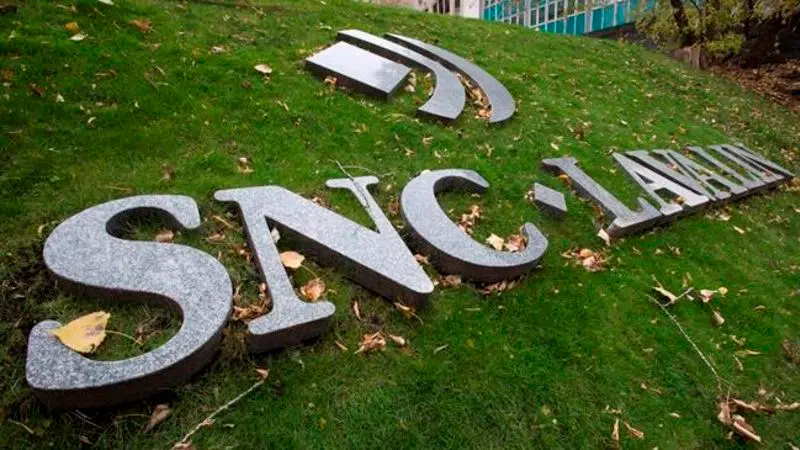
Criminal law in SNC-Lavalin case rarely makes it to Canadian courtrooms
OTTAWA — The criminal law at the heart of the SNC-Lavalin saga dogging the federal Liberals has led to charges in just seven cases in 20 years, leading some to call for a review of the legislation and additional resources for investigators.
The Corruption of Foreign Public Officials Act made it illegal for Canadian companies and individuals to bribe foreign public officials in business transactions. The most recent report to Parliament on the law, from September 2018, showed that since the law was passed in 1999, charges had been laid against four companies and 15 individuals, stemming from seven investigations.
Of those, three companies pleaded guilty and three people were convicted, while 11 people were either acquitted or had their charges stayed. One person accused in a bribery scheme in India faces a trial later this year. The case against SNC-Lavalin is the one outstanding charge against a company, and if SNC-Lavalin goes to trial it will be the first company to do so.


